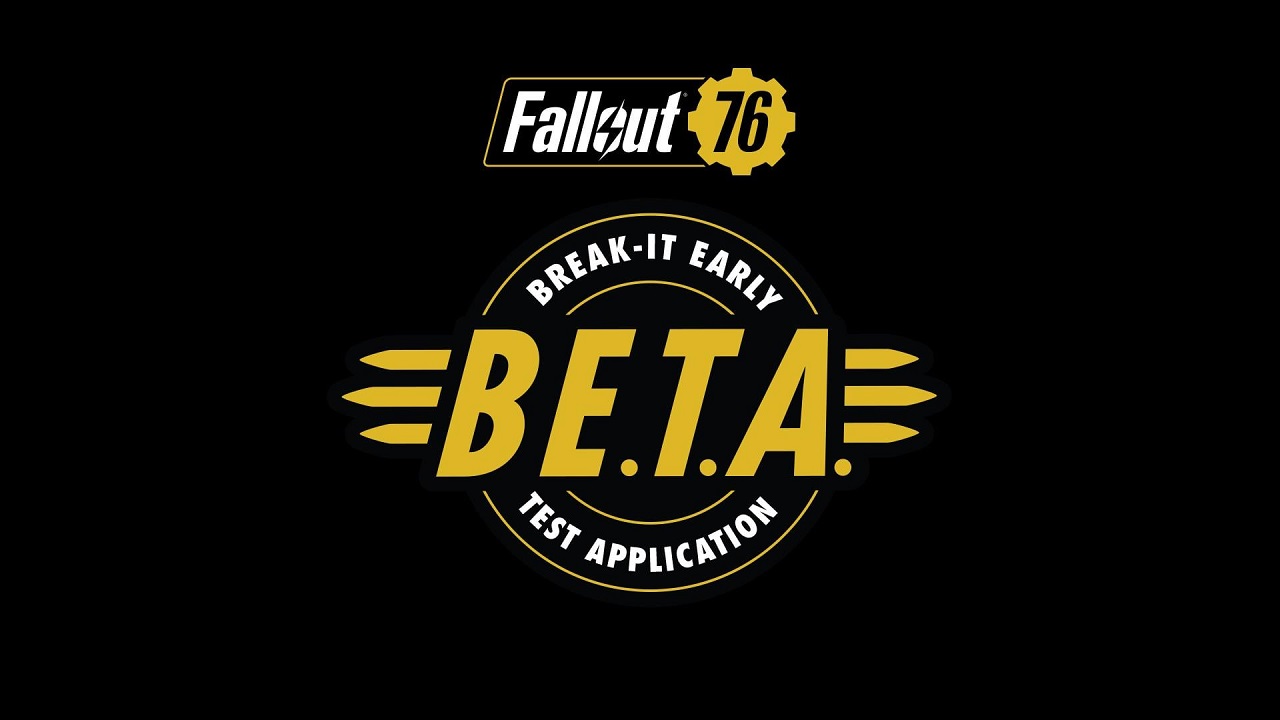Remember the days when you would buy a game and it would be the game you payed for? The days when if a game had a little glitch, you laughed about it and moved on? Well as technology has gotten better, and larger in scale, those days are gone. It is not unheard of that games come with 50Gb day one patches and are constantly being updated with content. While this has lead to some really great innovations like content updates in Fortnite and other games of service, it has also lead to games shipping with very little content and game breaking bugs that take weeks to fix. Enter: Fallout 76 – the latest in such anti-consumer trends.
Bethesda games are known to be shipped with, what gamers call “Bethesda Bugs”. Some look at it as a kind of charm, but it may be time to take a step back and call it what it is: poor game development. Bethesda is now on the radar of lawyers who may sue the publishers for “alleged deceptive practices” regarding the release of Fallout 76. The rocky launch seems to be the focal point as seen from the below excerpt from Game Informer:
Imran Khan – GameInformer.com
“While minor bugs and glitches are expected with the release of most new games, Fallout 76 launched with a 56GB patch that has proven to be but a starting point for the game’s problems,” the firm writes on the suit solicitation page. “Gamers who have tried to receive a refund because of the game’s myriad glitches have been unable to do so since they downloaded the game, leaving them to deal with an unplayable experience until patches bring it back to a playable state.”
Fallout 76 is the lowest reviewed Bethesda game since Rogue Warrior back in 2009 and that is no mistake. Many of the complaints about Fallout 76 revolve around the fact that the game doesn’t feel like a Fallout game. Though there may be some validity to those concerns, they are mostly subjective. What we need to focus on as gamers are the constant crashes, bugs, and lack of actual content that are plaguing Fallout 76. Take this excerpt from IGN’s review:
“I’m far less amused, however, by the hive of deeply frustrating bugs that’s infested virtually all of Fallout 76’s systems. There are noticeable framerate dips and freezes for several seconds at a time that sometimes recover and sometimes crash the application, and these are as common as the rising and setting sun. There are quests that can’t be completed – some of which were addressed with a ridiculously large post-launch patch, but others have not – and I’ve had quest targets already dead upon arrival, forcing me to jump from server to server (not easy to do because there’s no server browser – you’re automatically assigned one on every login) until I found one where it was still alive.”
BRANDIN TYRREL – IGN.com
These issues make you wonder why exactly Bethesda pushed this product out the door, let along as a $60 title. Want another example? How about this one from Kotaku’s review:
“On a technical level, Fallout 76 is often a dismal experience. Just about everything in the game feels unresponsive. Menus scroll slowly, and sometimes require two or three button presses before things start moving. Its assortment of firearms can be satisfying enough to use, in a very crude sort of way, but the survivalist tension dissipates the moment a point-blank shot fails to register for no apparent reason.”
Ethan Gach – Kotaku.com
How is any of this acceptable? Have we as consumers have allowed it to be allowed with our history of turning a blind eye to incomplete, buggy, messes of games? There is something to be said for the outrage culture that spawns from these types of controversies, but is that a real solution to this problem?
In this particular case, the very public outrage in response to Fallout 76’s release has resulted in Bethesda attempting to make good on the canvas bag controversy, but not a whole lot to combat the refund requests from their digital storefront from those who feel burned by the company. We already know the game, as long as Bethesda doesn’t just pull the plug on ’76 as suggested by Kinda Funny Games on a recent Kinda Funny Gamescast, will get content updates and more bug fixes over time. But what precedent are we setting for the release of the next project from Bethesda? What precedent did we set for Destiny 2’s release when that game was released to malaise and contempt? Perhaps it is time to make a tangible change in the our game consumption habits?
We can look to the recent success stories regarding some games that had horrific launches; Final Fantasy XIV and No Man’s Sky. Without getting into too much detail on those disastrous launches, those companies took their lumps in a very public way, and went back to the drawing board to fix the issues so many had. While No Man’s Sky’s rough launch could have been because the hype train went fully off the rails, it is hard to find good reason Square Enix thought it was a good idea to ship FFXIV in the shape it was in. Not only did they charge people full price for the game but they had the audacity to charge money monthly to play it. Luckily they cared enough for that franchise that they were able to fix it and eventually create a MMO that is beloved to this day. It did take public outcry and a year of extra reworking to fix, though. Yet still…here we are…paying $60 for a game that barely works and is void of meaningful content. Speakers Network did a fantastic video series on this on YouTube. You can watch episode 1 below:
Bethesda has a long way to go to make good on the promise of Falout 76. The game’s release and this ever important window of damage control should be the canary in the coalmine for publishers like EA and Activision; Two companies who have found themselves in similar circumstances in the last few years. Consumers may have hit their breaking point and will think twice before spending $60 at launch, or better yet $200 on poorly made collectors editions. Our standards as consumers and the standards of the publishers should be higher than ever so that these all too common situations can be avoided. The clock is ticking. Fix your games before you sell them.
Sources: Kinda Funny Games, Kotaku, IGN, Metacritic, GameInformer, The Verge, ClassLawDc.com, Speakers Network





